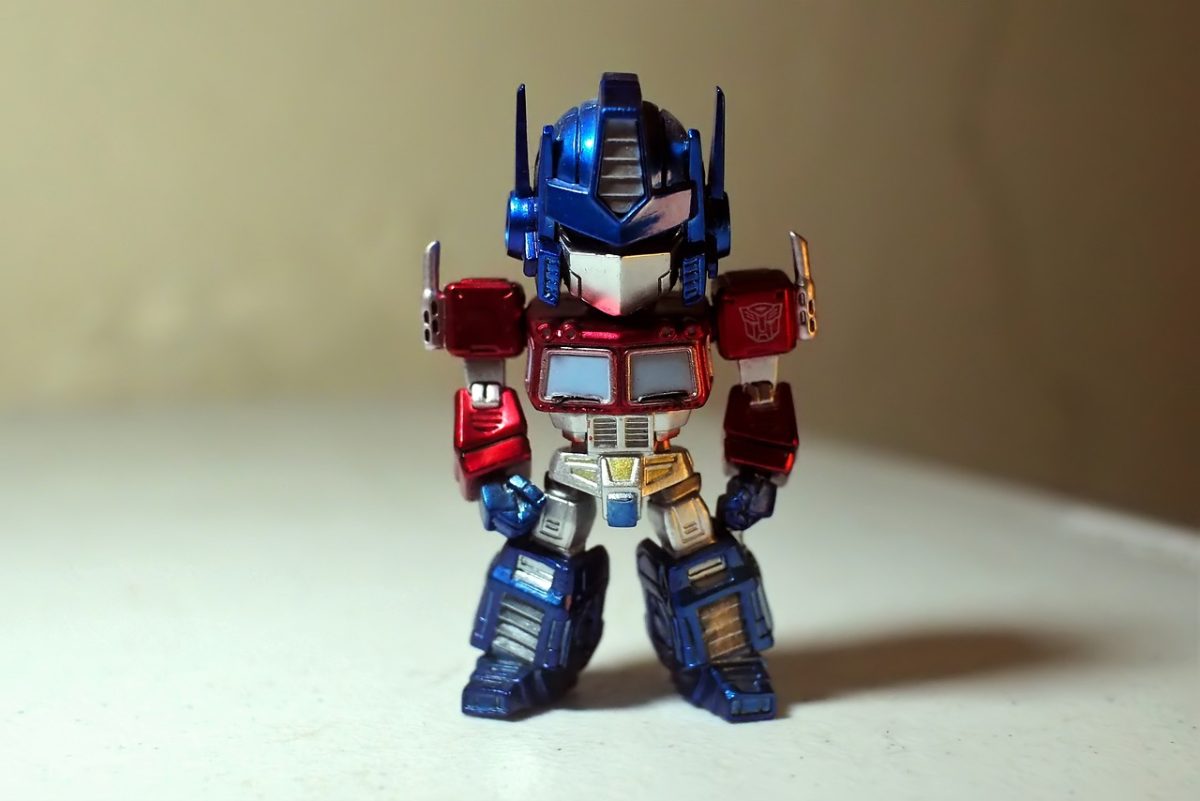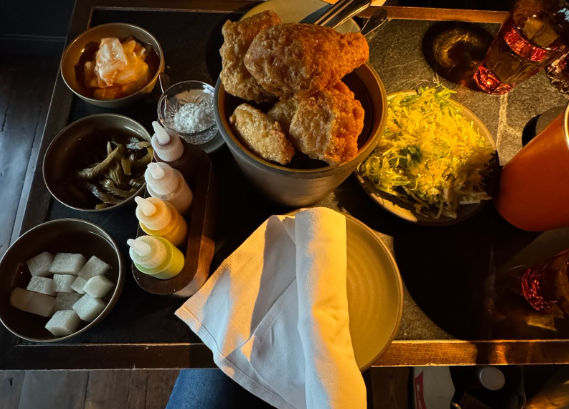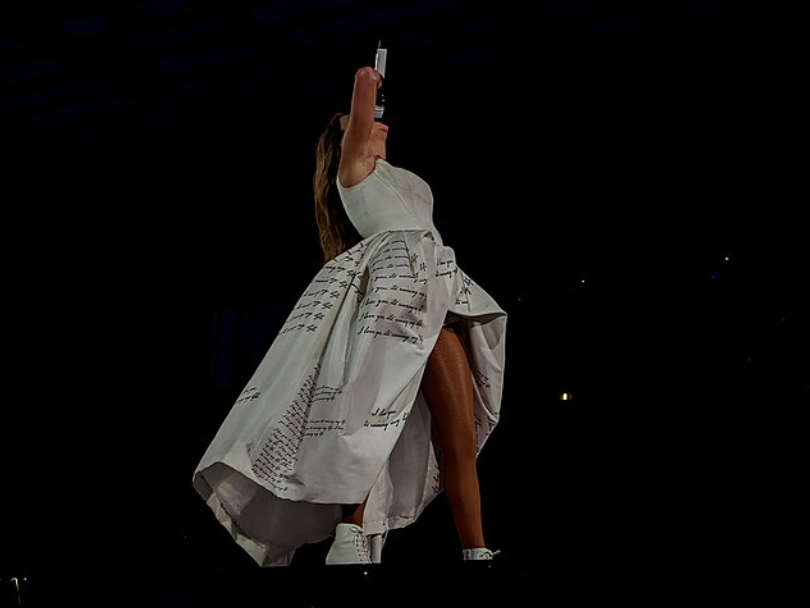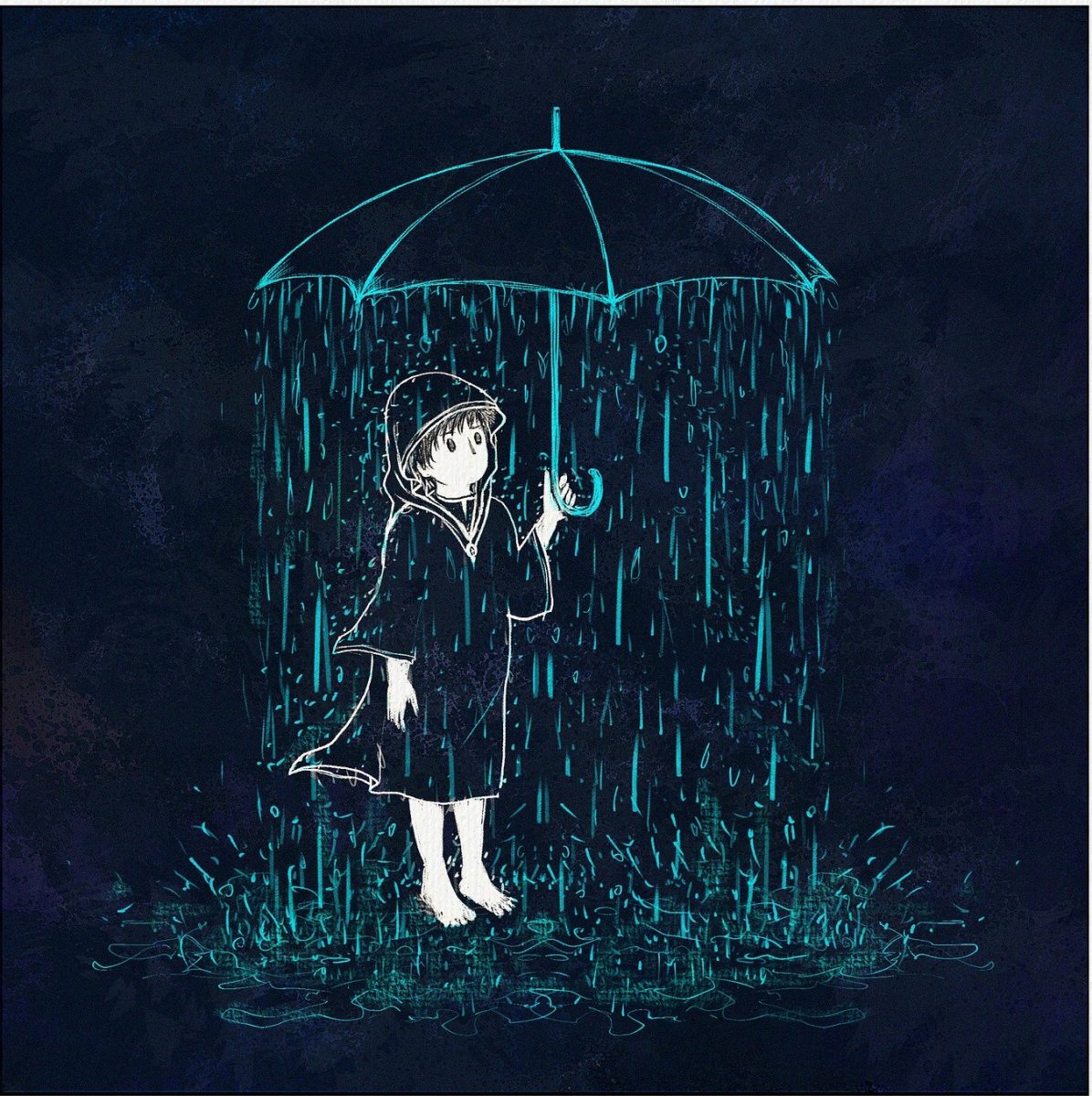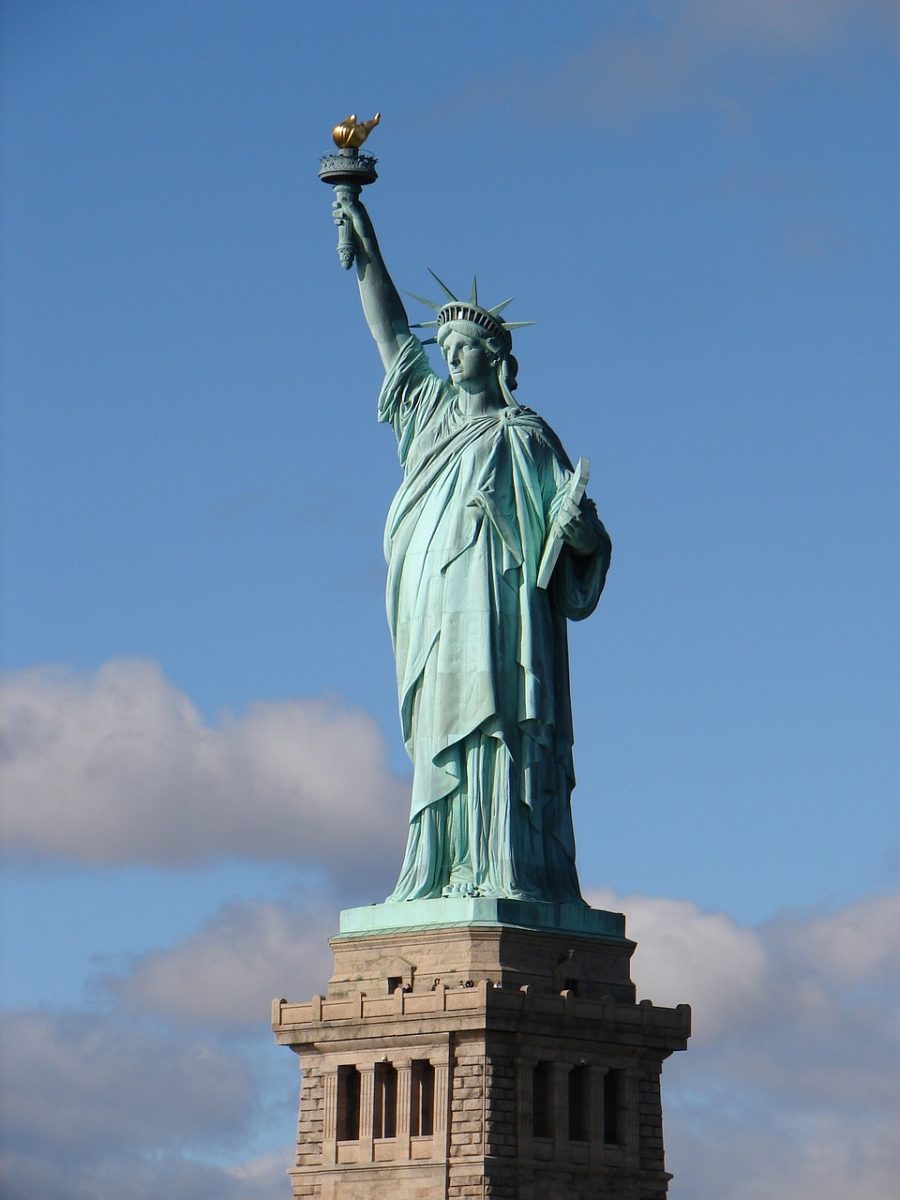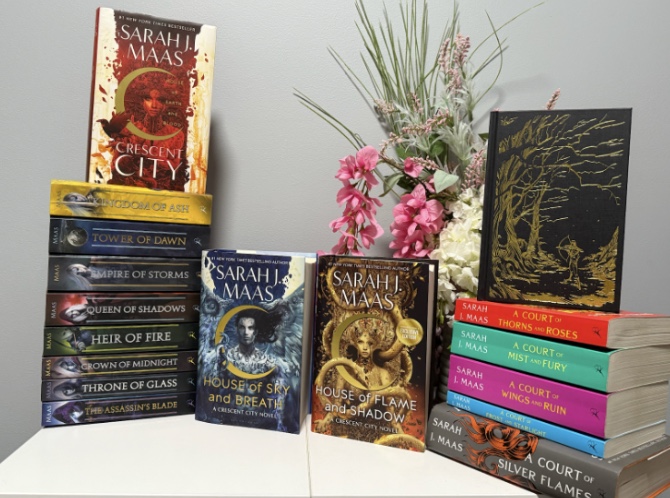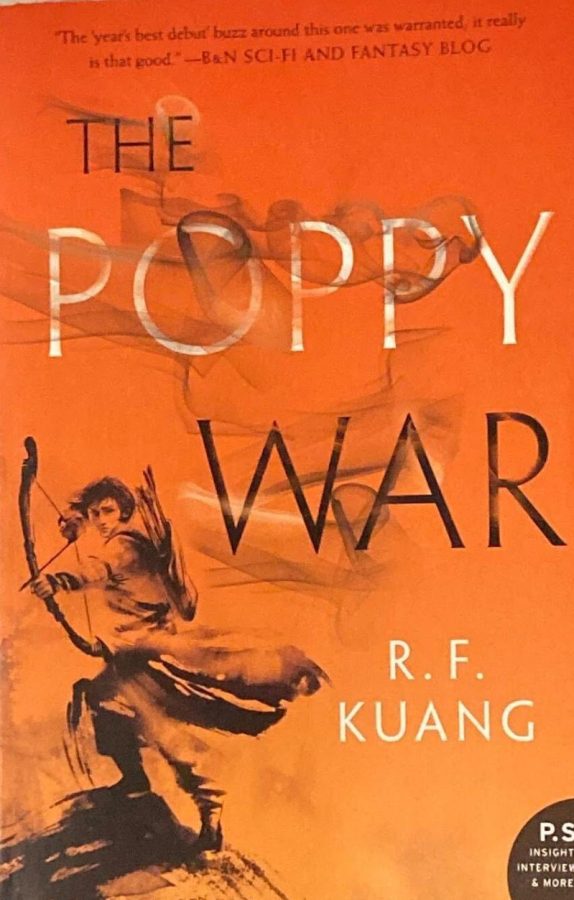The Poppy War: A Strikingly Grim Military Fantasy
January 19, 2023
The Poppy War by R.F. Kuang is a historical fiction book inspired by the second Sino-Japanese war that occurred in China from 1937-1945. The book follows a young girl named Rin, who grows up poor and orphaned by an earlier war. To escape an unwanted marriage, Rin dreams to ace the Keju, the empire-wide test that identifies the most talented youth to learn and serve for the empire. However, when she gets into the top military academy, she struggles with fitting in and getting along with her classmates. Rin soon discovers that she possesses a lethal power connected to the art of shamanism and that she is connected with a god that is giving her power. With her new powers come a set of trials and challenges, all of which Rin faces with determination and courage. Readers will enjoy Kuang’s descriptive, well crafted world building and strong characters that shine despite the difficulties.
From the very start, readers can tell that Rin is a passionate and determined girl that will do anything to succeed and escape her village life. She studies rigorously for two years to pass the difficult Imperial Examination, and finally passes with the top mark and is admitted to Sinegard Academy. Upon Rin’s admittance to the school, the author does a great job at portraying Rin as an outsider to everyone because of her southern background and darker skin color. Kuang illustrates the complex social classes and relations of the time as she describes Rin’s realization that those around her are more talented and capable than her because of their superior backgrounds. The author also clearly displays the pressure that Rin is under, as she describes Sinegard as the top military academy, filled with students who have spent their lives preparing for their prestigious admittance. These challenges do not deter Rin, but instead encourage her to keep working herself to the bone in order to keep up with the others around her. Rin is written as a struggling girl trying to meet the harsh expectations of the academy, causing the audience to empathize with and even relate to her character.
Despite Rin’s early struggles, she eventually learns combat from the lore master, Master Jiang, and secures her spot at school. Rin is later inspired by the star student and the last Speerly Altan Trengsin, after witnessing one of his fights, and she hopes to become just as powerful as him. However, during one of her fights, Rin accidentally calls upon the Phoenix and activates her hidden shamanic power, nearly killing her classmate in the process. Afterwards, she trains with Master Jiang, who helps her connect herself to her power and the god responsible for it. Just as she begins to find her place at school, however, she and her school are plunged into uncertainty and war.
The Third Poppy War begins when the Federation of Mugen makes its move against its enemy, the Nikara Empire, where Rin and her classmates reside. As a result, all of the students and faculty at Sinegard are forced into fighting in the war. Rin is placed into the Cike, a mysterious group of assassins who serve the Empress, and she finally meets Atlan, who has become her commander. Together, they become front line soldiers that fight for their empire, experiencing the horrifying realities of war. Rin eventually realizes that her shamanic powers may be the only way to save her empire and people, but as she tries to to control her powers and understand their origins, she fears that winning the war with her powers will come at the cost of her humanity. Which keeps readers on the edge, hoping that she does not give in and feed into the greedy desire for more power.
The world building and setting of the book is richly crafted, as is the tension built into the various scenes. The author plays around with the reader’s emotions throughout the story, delivering deadly blows to our hearts. Furthermore, Rin’s extraordinary vitality and courage are extremely admirable, and the audience will find themselves rooting for her no matter how frustrating her decision-making can be at times. Her motivation to defend her country and her anger at those attacking it make her an outstanding and headstrong heroine.
Overall, the author does an incredible job with detailing the events of the brutal war and its effect on the people experiencing the war. Specific scenes and parts of the book are inspired from accounts on the Nanjing Massacre while others come from accounts of the Battle of Shanghai in 1997. Readers wake up to the gruesome realization that these scenes are little to no different from the reality of what happened in history, and this book does a great job at shedding light into history that is not taught in schools. Thus, the novel’s realistic portrayal of the ramifications of war combined with its fantastical elements make it a great read. However, it is recommended that readers look into the trigger warnings for this book before reading.





